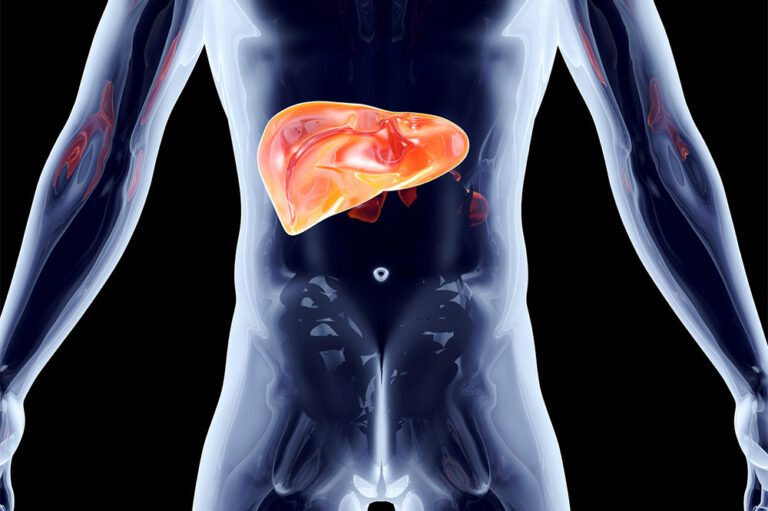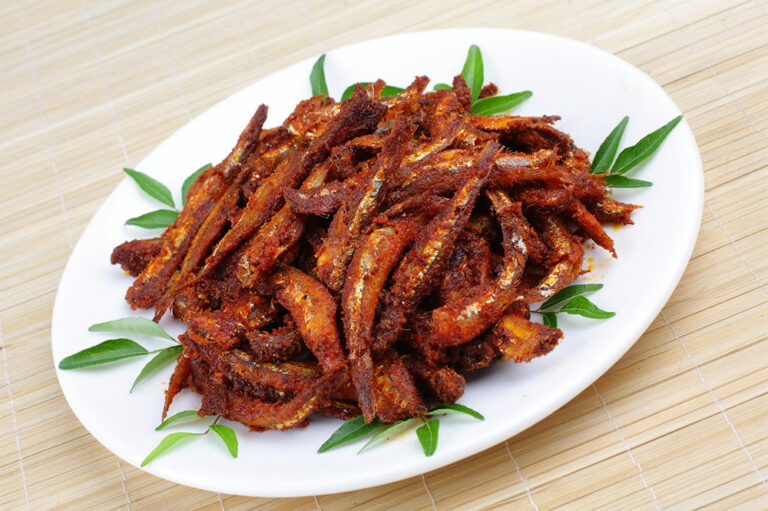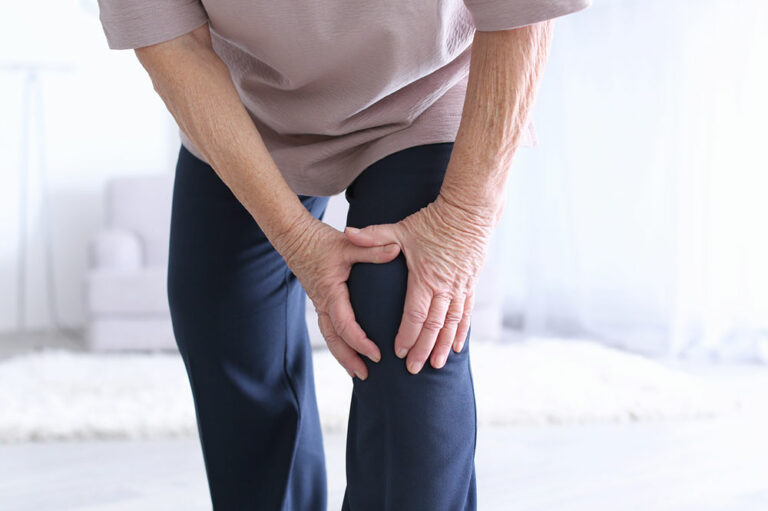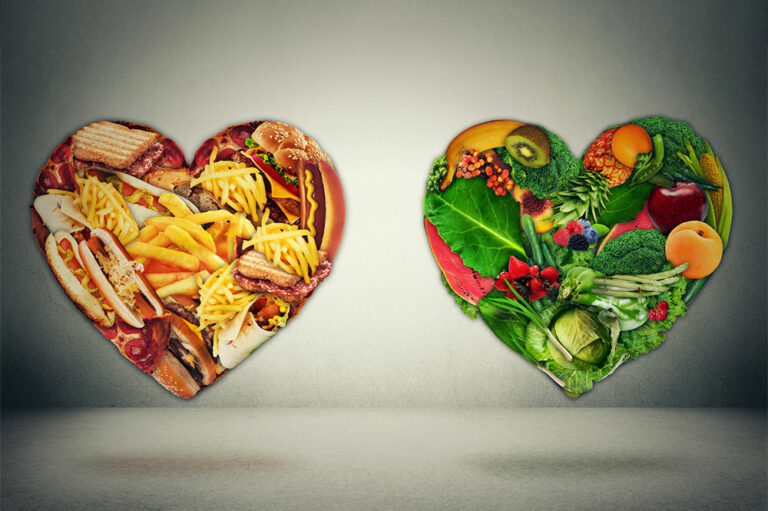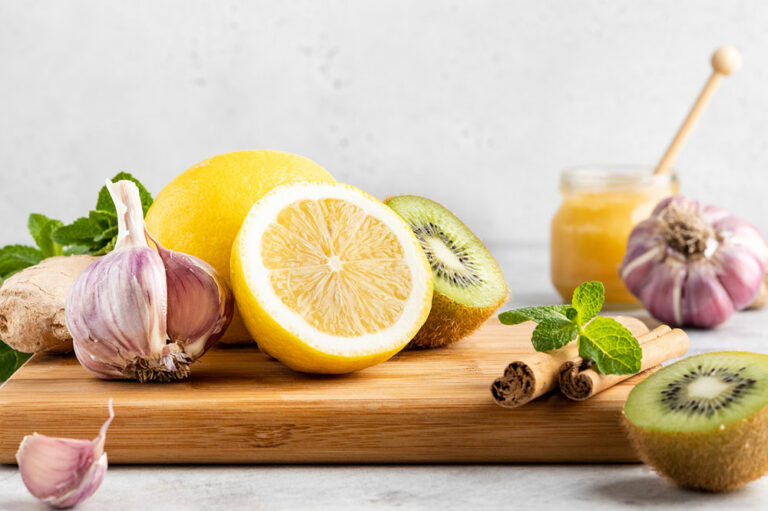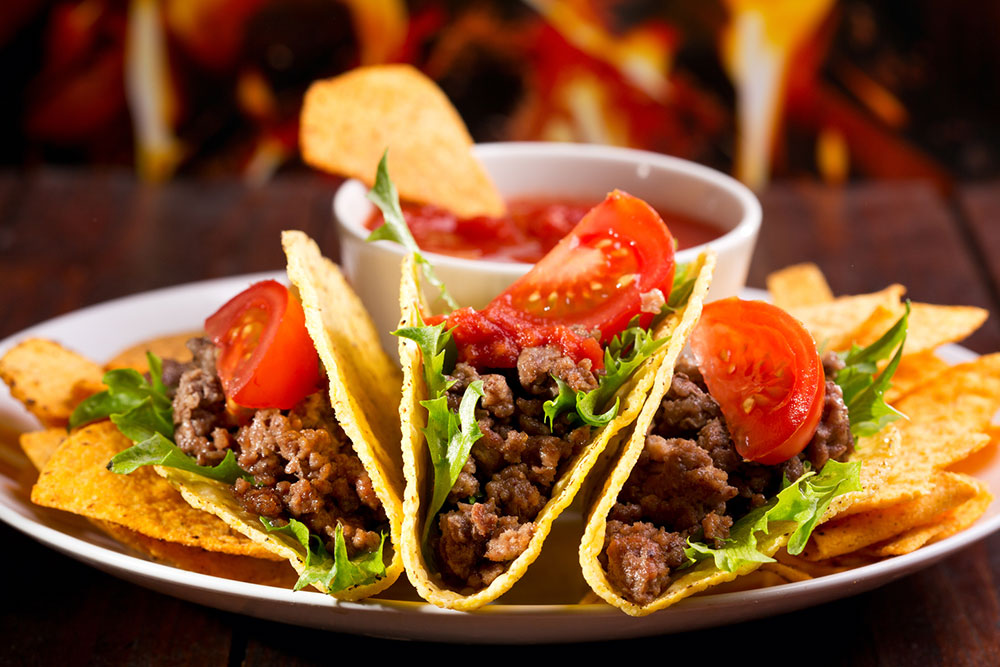
9 foods that may worsen COPD symptoms
COPD, or Chronic Obstructive Pulmonary Disease, demands a holistic approach to its management, and food plays an essential role in this process. There is an intricate relationship between COPD and specific foods that can worsen its symptoms. While the effects vary among individuals, understanding their potential implications empowers patients to make informed decisions about their nutrition. Additionally, knowing which foods to avoid can better the condition. Here are nine foods one must avoid with COPD.
Salt
Sodium, commonly found in salt, is a major concern for COPD patients. A high sodium intake can lead to fluid retention in the body, causing swelling or edema, particularly in the extremities, lungs, and abdomen. As excess fluid accumulates, it elevates blood pressure, placing additional strain on the heart and lungs. This excess fluid can worsen shortness of breath for individuals with COPD who already cope with compromised lung function.
Processed meat
While processed meats like bacon, sausages, and deli cuts offer convenience, they can be problematic for COPD patients. These meat products often contain unhealthy saturated and trans fats, which can increase inflammation. Moreover, they are usually high in sodium, contributing to the potential for fluid retention and exacerbated symptoms.
Sugar
Foods and beverages rich in added sugars can disrupt the overall health of individuals, including those with COPD. Excessive sugar consumption can lead to an increase in body mass, which can have adverse effects on lung function. It can compress the chest wall, making it harder for the lungs to expand fully. Excess sugar also weakens the immune system, making individuals more susceptible to respiratory infections.
Caffeine
Caffeine, commonly found in coffee, tea, and some soft drinks, is a stimulant that can temporarily increase heart rate. For individuals sensitive to caffeine, this can intensify feelings of breathlessness. However, it’s crucial to note that the effects of caffeine can vary among individuals, and moderate consumption is generally considered safe for most.
Cauliflower
Cruciferous vegetables such as broccoli, cauliflower, and cabbage are known for their health benefits but may cause discomfort for some COPD patients. These vegetables can increase gas production in the digestive system, resulting in bloating and flatulence. Abdominal expansion due to gas can place pressure on the diaphragm, potentially compromising lung function.
Soda
Carbonated beverages containing carbon dioxide can increase gas production in the stomach, leading to bloating and discomfort. As the abdomen expands, it can apply additional pressure on the diaphragm, making deep breaths more challenging. For individuals with COPD, who may already face limitations in lung capacity, this can exacerbate breathlessness.
Fries
Indulging in fried and fatty foods, often high in unhealthy trans fats, can contribute to inflammation in the body. These fats are detrimental to overall health and can also worsen COPD symptoms by narrowing the airways, making breathing more challenging.
Spicy food
While flavorful, spicy foods can trigger acid reflux or heartburn in some individuals, exacerbating COPD symptoms. The acidic nature of reflux can irritate the airways, making breathing more difficult for patients.
Milk
Although dairy products are rich in calcium and protein, some COPD patients may experience increased bloating after consuming dairy. Milk, cheese, and yogurt can lead to breathlessness and pressure on the airways, making breathing more challenging.
